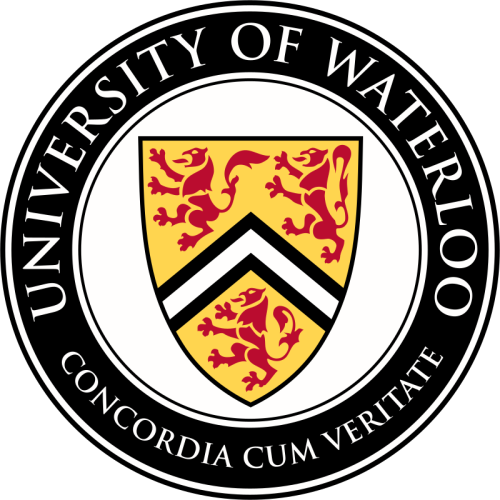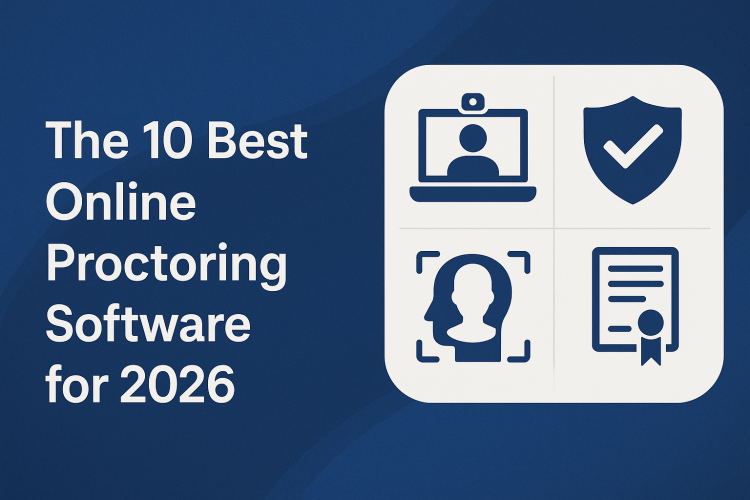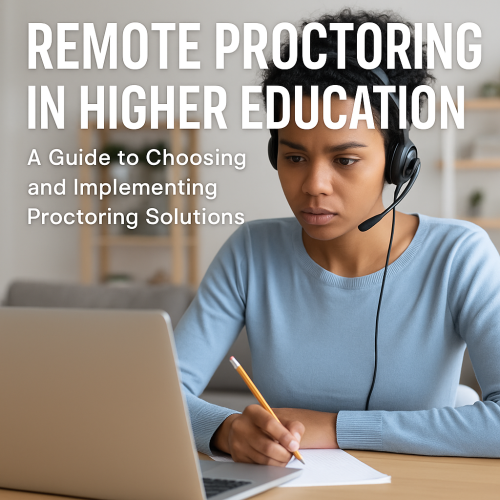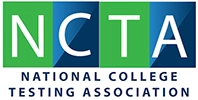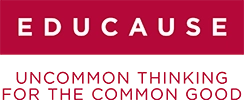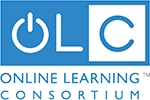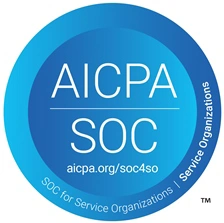Why Students Really Cheat: Beyond the Obvious
While the desire for good grades remains an obvious motivation for cheating, the underlying reasons are often more complex and nuanced than we might assume:
Situational Pressures Create Ethical Dilemmas
Consider this common scenario: A student faces failing a course if they score below 90% on their final exam. This failure would delay graduation and require them to pay additional tuition they can't afford. Meanwhile, they notice classmates cheating without consequences. In such high-stakes situations, even typically honest students might rationalize dishonest behavior.
According to a 2023 study published in Ethics & Behavior, students often justify academic dishonesty when they perceive the stakes as particularly high and the risk of detection as low. This "perfect storm" of circumstances can overwhelm a student's natural ethical inclinations.
The Cheating Culture Problem
Academic dishonesty rarely exists in isolation. When students perceive that:
- Their peers are regularly cheating
- Faculty aren't addressing the behavior
- The institution doesn't seem to care
A "cheating culture" develops where dishonesty becomes normalized. Research shows that the more prevalent cheating becomes, the more students view it as acceptable behavior. As noted by Tolman (2017), "When students assume others are cheating and that faculty and institutions don't care or won't act, a cheating culture emerges."
Faculty Reluctance to Address Cheating
A 2020 survey of over 400 faculty members revealed concerning insights about why instructors often don't report academic dishonesty:
- 66% said their institution doesn't handle academic dishonesty consistently
- 48% have ignored cheating when evidence wasn't entirely conclusive
- 30% said reporting cheating is too time-consuming
- Only 24% believed their institution's integrity policies were effective
This reluctance creates a troubling cycle: when dishonesty goes unaddressed, it sends an implicit message that academic integrity isn't valued.
Differing Perceptions of What Constitutes Cheating
Students and faculty often have different interpretations of what qualifies as academic dishonesty:
- While both groups generally agree that taking tests for others or intentional plagiarism are serious violations
- Significant disagreement exists on behaviors like group work on take-home assessments or using question banks from previous terms
In a revealing study by Carpenter et al. (2010), 40% of students didn't consider taking online exams with classmates (without permission) to be cheating. Over 30% didn't think allowing others to view their answers during an exam was cheating or even unethical.
The "Real World" Rationalization
Many students justify their actions by citing real-world parallels. In a survey of nearly 600 college students, many expressed that since professionals can access resources and collaborate in workplace settings, they don't view similar behaviors during exams as misconduct.
As one student put it: "Getting a good grade is more important than learning anything anymore... because when you get to the workplace, they teach you what you want to know; your diploma is just your foot in the door."
The Role of Technology in Academic Dishonesty
The rise of AI tools like ChatGPT has created new challenges. Students can now generate plausible responses to essay prompts or complex problems with minimal effort. Similarly, smartphones have made accessing unauthorized information during exams easier than ever before.
According to recent research, nearly 70% of students view internet resources as public information that doesn't require citation, further blurring ethical boundaries in digital environments.
360-Degree Remote Proctoring: A Comprehensive Solution
While understanding why students cheat is important, institutions must implement practical solutions to protect assessment integrity. This is where advanced remote proctoring technology becomes essential.
The Limitations of Standard Webcam Proctoring
Traditional online proctoring relies on a student's webcam, which captures only what's directly in front of it. This creates significant blind spots where dishonest behavior can occur outside the camera's view, such as:
- Notes positioned off-camera
- Secondary devices used for looking up answers
- Other people in the room providing assistance
- Resources posted on walls or other surfaces
The Power of 360-Degree Proctoring
A comprehensive 360-degree remote proctoring solution addresses these limitations by providing complete environmental visibility. Using specialized technology like Proctor360's patented headset camera system, proctors can observe the entire testing environment, not just what's directly in front of the student.
This approach:
- Dramatically reduces opportunities for undetected cheating
- Creates a testing environment similar to in-person proctored settings
- Provides "test center grade" security for high-stakes assessments
- Helps maintain the integrity and value of credentials earned online
The Positive Impact of Proper Proctoring on Learning
Interestingly, research suggests that properly proctored exams may actually improve learning outcomes. When students know they can't rely on external resources during assessments, they prepare more thoroughly. A study by Howard (2020) found that students taking proctored exams scored better on recall tests months later compared to those who took unproctored tests.
As one student candidly noted in a survey: "I can't cheat [during proctored exams]. Therefore, I have to push myself to learn."
Effective Strategies for Promoting Academic Integrity
Beyond implementing advanced proctoring technology, institutions should adopt a multi-faceted approach to fostering academic integrity:
1. Clearly Define Academic Dishonesty
Students often struggle to understand which actions constitute cheating. Providing detailed descriptions and examples throughout the course helps establish clear boundaries. When students are given explicit definitions, they're more likely to recognize and avoid behaviors that qualify as misconduct.
2. Involve Students in the Process
Research shows that students significantly influence their peers' academic behavior. Institutions should collaborate with students to build a culture where academic honesty is valued and cheating is socially unacceptable. Student-led initiatives can be particularly effective, as peers often have more influence than faculty or administrative policies.
3. Focus on Learning Rather Than Grades
Students are more likely to cheat when they perceive a course as focused primarily on grades rather than learning. Strategies to shift this perception include:
- Allowing revisions to emphasize mastery over performance
- Providing detailed, constructive feedback
- Designing assessments that reflect real-world applications
- Using lower-stake assessments throughout the term rather than high-pressure finals
4. Support Faculty in Addressing Misconduct
When faculty feel supported in upholding academic standards, they're more likely to address instances of dishonesty. Institutions should:
- Create streamlined, efficient reporting processes
- Provide training on how to handle academic integrity conversations
- Ensure consistent application of policies
- Use technology that makes evidence collection straightforward
5. Implement a Range of Proctoring Options
Different assessment scenarios require different levels of security. A flexible approach to proctoring might include:
- AI-powered auto-proctoring for lower-stakes assessments
- Single webcam live proctoring for moderate security needs
- Multi-camera solutions for higher security requirements
- 360-degree total view proctoring for high-stakes certification exams
This flexibility allows institutions to match the security level to the importance of the assessment while managing costs effectively.
FAQ: Remote Proctoring and Academic Integrity
Q: Does remote proctoring actually reduce cheating?
A: Yes, research consistently shows that properly implemented remote proctoring significantly reduces academic dishonesty. A study published in the journal Computers and Education found that exams using webcam-based proctoring showed substantially lower instances of suspicious behavior compared to unproctored assessments.
Q: How do students feel about remote proctoring?
A: Student responses are mixed but generally positive when the process is transparent and well-explained. Many students report that proctoring helps them focus better and creates a more level playing field. As one student noted in a survey: "[Proctoring] helps me focus more since I'm in my own environment" and "makes you accountable for actually learning the material."
Q: Can 360-degree proctoring work for both online and paper exams?
A: Yes, this is one of the key advantages of comprehensive proctoring solutions like Proctor360's Total View™ system. Unlike standard webcam proctoring, 360-degree solutions can monitor traditional paper-based assessments as well as digital ones, providing institutions with greater flexibility.
